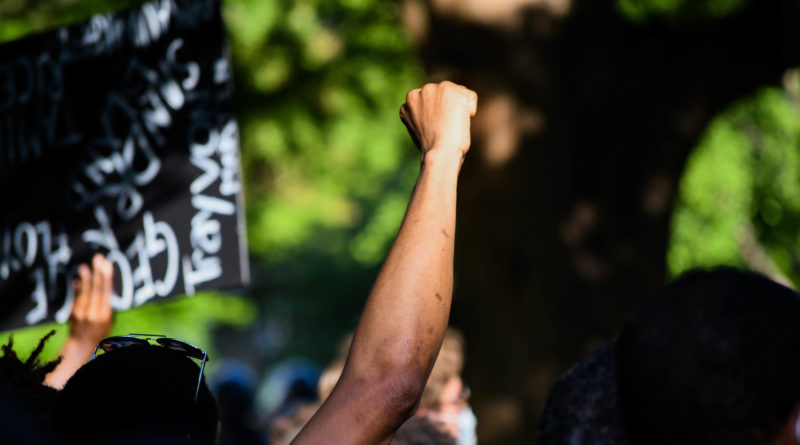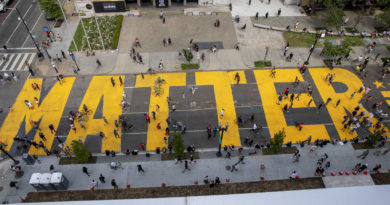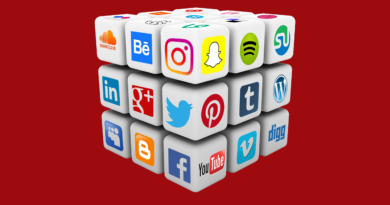How Social Media is Revolutionizing the Black Lives Matter Movement
The immense power of social media has allowed activists to rally support for the Black Lives Matter movement in an unprecedented manner, unifying people from around the world against systemic racism in the midst of a pandemic.
Platforms like Instagram and Twitter have been inundated with a deluge of posts, challenges, filters, hashtags, virtual buttons, et cetera, all encouraging people to take action against police brutality and racism in general. Many of these posts also encourage people to take decisive action against racial injustice instead of merely regurgitating empty words or reposting the same messages without heeding the content’s advice.
Across the world, people on social media are condemning white people who are not overcoming their implicit biases and using the social, economic, and political privileges that come with the color of their skin to effect positive change in international justice systems—including other white people. On Sunday’s Meet the Press, Secretary of the Smithsonian Lonnie Bunch notes that white people and black people are coming together from all over the world to support the Black Lives Matter movement on an unprecedented scale.
Junior Skylar Mansfield, who identifies as a white ally to people of color, is a member of that group using her privilege and social media platform to spread awareness. Through her accounts, she spreads information on protests, tips for safely protesting, and also tries to break up what is called “feed fatigue” with uplifting images of white people, police officers, and black people forming a united front.
“What white people can do is be better,” she says. “Stop being ignorant and educate yourselves. White people can go out in the streets and [stand] in solidarity [with black people].”
Posts from celebrities like Billie Eilish and corporations such as Nike remind followers that while all lives matter, no one feels as though the world needs a reminder that white people’s lives matter until the lives of people of color are threatened or prematurely extinguished.
Link trees take people to various sites where they can donate to social justice organizations, legal funds, memorial funds for George Floyd, fundraising campaigns providing protesters with personal protective equipment, etc. There are also links to emails for regional police departments and municipal officials’ offices for those who prefer to take written action. Several threads caution people who want to protest to do so safely, making sure to empty pockets of anything they don’t want to be arrested with, wear face masks, and stay hydrated.
Like those participating in physical protests, social media activists have not been spared from controversy. The #blackouttuesday movement meant to provide a show of solidarity for African Americans and force reflection on users’ parts by blacking out their feed with posts of black squares has been criticized by some as counterproductive. Instead of tagging the blank black squares with the #blackouttuesday hashtag, users were posting their pictures with the #blacklivesmatter hashtag, prompting platforms’ algorithms to obscure informative, content-filled posts with the #blacklivesmatter hashtag attached.
Controversial posts or not, it is undeniable that the flooding of feeds on social media is a testament to how effective a communication tool it can be. When wielded properly, social media’s ability to heighten social expectations to participate in a movement can yield many positive effects. Some posts have attributed the recent charges pressed upon the four former officers who stood by as former officer Derek Chauvin killed George Floyd to the success of social media activism.
Junior Kelen Chen expresses he is a fan of social media’s impact on the protests. “It keeps the flame going and it isn’t filtered like the news,” he adds. “You get everything.”
While America has witnessed several historical moments like this before, the magnitude of and social buzz around this most recent attempt to get through to lawmakers and the general population that our justice system is broken, as well as that people of color are human beings too and that their lives are worth just as much as anyone else’s, seem to lend this iteration more staying power.



